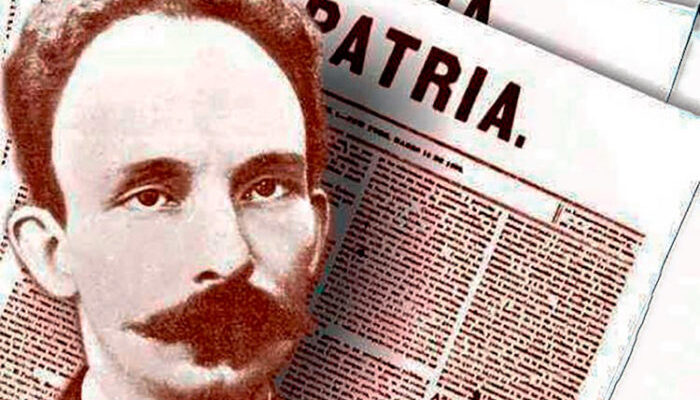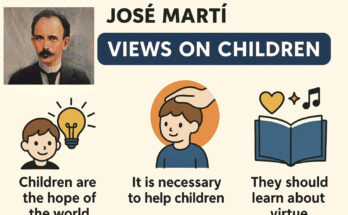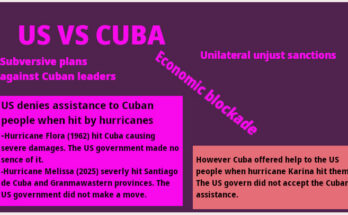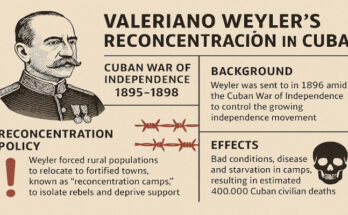It was May 19, 1895, when upon learning of the presence of Spanish troops in Dos Rios, José Martí, on horseback and gun in hand, prepares to confront the enemy forces, disobeying the order given by General Máximo Gómez not to put himself at risk in combat. The Apostle of the struggles for the independence of Cuba was instantly mortally wounded.
José Martí decided that it was his duty not to stay behind, on the sidelines of the battle, he understood that his place was on the front lines, honoring the Mambi tradition that the leader is always in the vanguard of his troops.
The death of one of the most extraordinary thinkers ever born in this hemisphere was a hard blow for the struggle for Cuban and Latin American independence, but the Apostle had already developed a body of work that launched him to immortality.
Martí enriched his patriotism after the La Demajagua uprising on October 10, 1868, led by Carlos Manuel de Céspedes, which became the Ten-Year War (1868-1878); later after the so called Little War.
Marti kept on riding the horse of liberty
Marti’s thought was present in the struggles following War ’95: in the founding of the Communist Party of Cuba by Julio Antonio Mella and Carlos Baliño, and in Rubén Martínez Villena in the confrontation with Machado’s dictatorship.
The Apostle’s legacy gained greater strength in 1953, the year of the centenary of his birth, when a handful of patriots, under the command of Fidel Castro, attacked the Moncada barracks, whose intellectual author, according to Fidel said himself, was precisely José Martí.
The Revolution was the ideal framework for the Apostle’s ‘s thought to be put into practice in all its magnitude and spread, both inside and outside Cuba. In this context, his ideas on unity, justice, loyalty, patriotism, ethics and, above all, anti-imperialism and the defense of our peoples against the appetites of the powerful nation of the North reached a top place.
Marti rides again, and now his battlefield is the lands of Latin America and the Caribbean. He is accompanied among others by the Maceo family, Máximo Gómez, Simón Bolívar, Farabundo Martí, Augusto Sandino, Ernesto Che Guevara and Salvador Allende. In recent years, Hugo Chávez and Fidel Castro have joined this powerful contingent.
The work of our National Hero is the light that guides the steps of those who want to maintain the dignity they have achieved or of those who still have to fight to achieve it. Marti’s thought is simply immortal.




